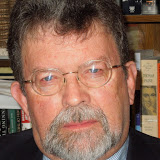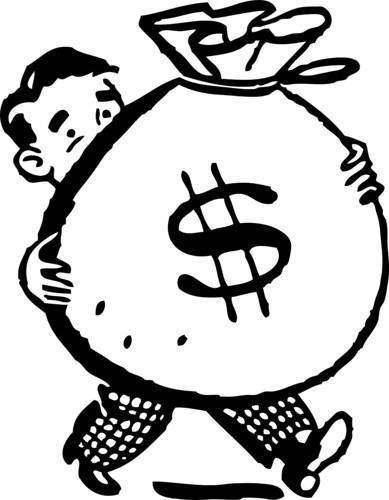As Robert Kuttner writes in his excellent review of Gary Gerstle's book, "The neoliberal credo claims that markets work efficiently and that government attempts to constrain them via regulation and public spending invariably fail, backfire, or are corrupted by politics. As public policy, neoliberalism has relied on deregulation, privatization, weakened trade unions, less progressive taxation, and new trade rules to reduce the capacity of national governments to manage capitalism" (Robert Kuttner, "Free Markets, Besieged Citizens," New York Review of Books, July 21, 2022, p. 12).
Yet, notwithstanding its near total success in achieving its public policy goals, neoliberalism has been a resounding failure and has been widely discredited for plundering and impoverishing most Americans.
In fact, as the actual record proves, when left unchecked by government regulations, markets do not behave efficiently. The most egregious recent free market failure was the housing bubble caused by the unchecked greed of investment and commercial bankers, which precipitated the Great Recession. Free markets proved to be incapable of dealing with the Covid-19 pandemic, the greed-inspired supply chain debacles, and, most recently, the economic fallout resulting from Russia's invasion of Ukraine.
Moreover, as Professor Kuttner concludes, "As economic policy, neoliberalism largely failed in improving economic performance. Growth rates were far higher between the 1940s and early 1970s, when the economy was governed by principles of managed capitalism" (Ibid., p 13).
However, neoliberalism does work efficiently in one area, It redistributes wealth upward to the already wealthy, thus exacerbating our country's immorally egregious and ultimately unsustainable economic inequality. As Professor Kuttner puts it, "even rapacious billionaires merit their earnings, by definition, because markets are presumed to be perfectly efficient when protected from government interference" (Ibid., p. 12). Occupy Wall Street was simply a leading indicator of such unsustainability, suggesting the spectre of pitchforks, should such greed continue.
American neoliberalism had its origins in Lewis Powell's 1971 scathing critique of the New Deal, titled "The Attack on the Free Enterprise System." It gained traction through conservative-funded think tanks and corporate political action committees (PACs). Subsequently, it came to be seen as a viable alternative to the New Deal order, thanks to the the massive popular disaffection bought about by the Vietnam War, the Middle East oil shocks, and the phenomenon of stagflation. Even liberals began to criticize the stultifying effects of government bureaucracy. Something needed to change.
But, according to Professor Gerstle, it was the collapse of the Soviet Union and the Warsaw Pact -- almost solely and inadvertently triggered by Mikhail Gorbachev's "glasnost" and "perestroika" that ushered in the neoliberal movement. The collapse not only "opened the entire world to capitalist penetration" (Gerstle, p 149), but it also freed American corporations from the pressure to deal equitably with labor -- now that there was no competing labor model to worry about.
(Note: You can view every article as one long page if you sign up as an Advocate Member, or higher).






